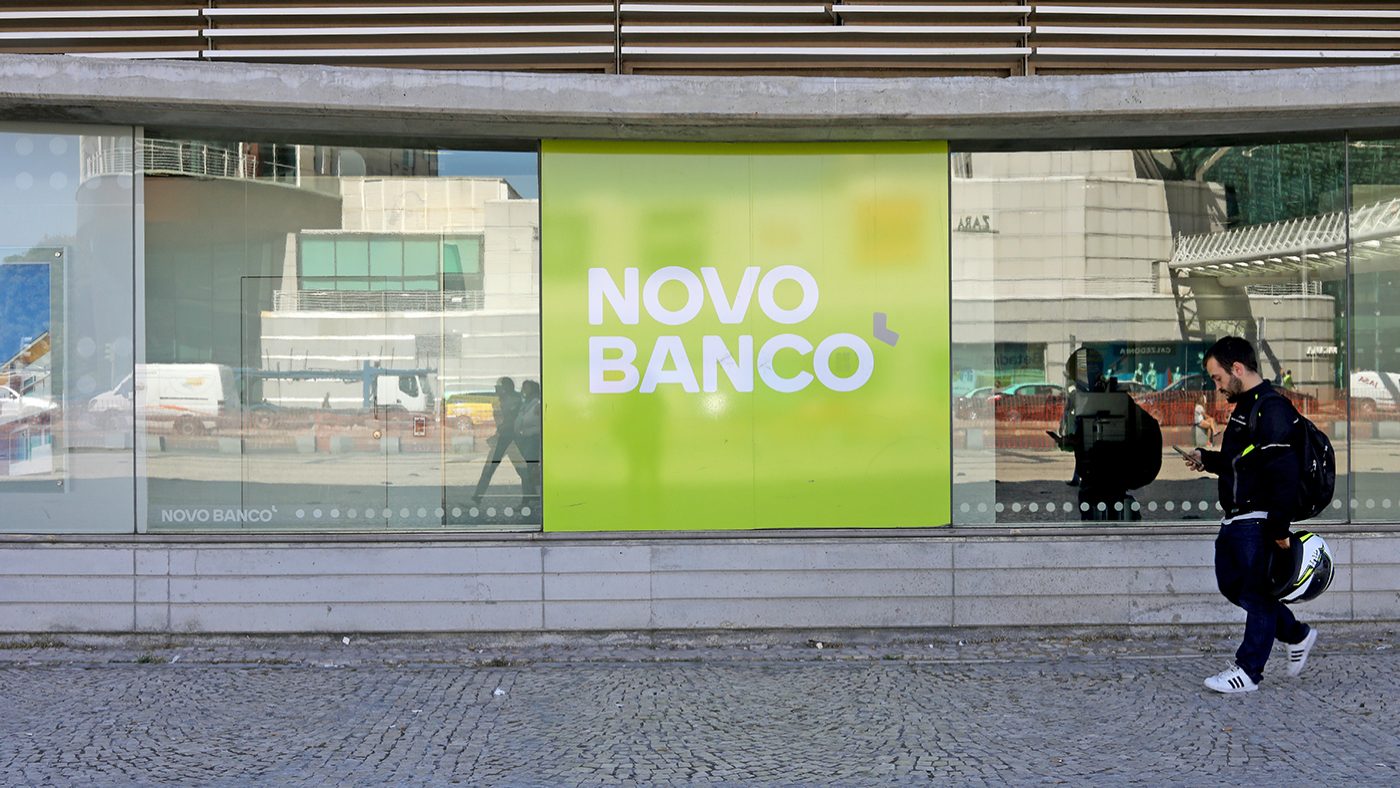BCP accuses the Bank of Portugal of distort competition and “blatant” violation of laws and rulings
ECO was able to access the proceeding in which BCP accuses the Bank of Portugal of violating several laws in the sale choice for Novo Banco and the Resolution Fund guarantee.
Last week, the Administrative Law Court of Lisbon received a legal proceeding in which the Portuguese Commercial Bank (BCP) accused the Bank of Portugal, as a resolution authority, to having “illegally and unfairly” sold Novo Banco, using a contingent capitalization mechanism that is a “blatant violation of competition rulings”. ECO was able to have access to the administrative action. In over 130 pages and several enclosed documents, several adjectives are used: “unacceptable”, “illegal”, “unfair”, “heavy”.
The main charges against the Portuguese regulator are that “the procedure leading to the selection of Lone Star as Novo Banco’s buyer was illegal”. BCP starts off by complaining of lack of information (namely concerning the grounds and deliberations that led to choosing Lone Star), which the bank had requested in April and had not yet been handed in until last week.
The main legal argument in the administrative action is: “in light of the European law, as well as the Portuguese legal framework, the Resolution Fund is only allowed to use the available financial resources for applying a resolution instrument”. Since the sale does not involve a resolution process, BCP believes the Portuguese Resolution Fund in not obliged to finance an institution which is its competing player. In addition, BCP says almost ten principles protected by the Portuguese Constitution have been violated, such as the principle of proportionality, of legal certainty and of equality.
The Bank of Portugal’s decision, BCP says, also violates the no credit worse off banking principle. The same is to say that “no shareholder or creditor from a credit institution being subject to resolution measures can support a larger loss than what they would if the institution had been liquidated”. BCP’s lawyers recall: “the liquidation option would not bear any additional costs to the Resolution Fund”.
BCP argues that this mechanism corresponds to injecting capital for eight years to assure “the survival of a bank which does not seem commercially viable”. Later on the legal proceeding document, BCP suggests an alternative would be to “promote another resolution for Novo Banco”, which could count on the aid from the European Single Resolution Fund for a bail in.
The Portuguese bank underlines they do not stand against the sale of Novo Banco, but against the contingent capitalization mechanism which is financed with contributions from the banking sector — including BCP itself, of course. Therefore, the institution headed by Nuno Amado reveals they have decided — “not lightly” — to request the “nullity or annulment of the administrative action”: the press release sent by the Bank of Portugal announcing the sale of Novo Banco.




